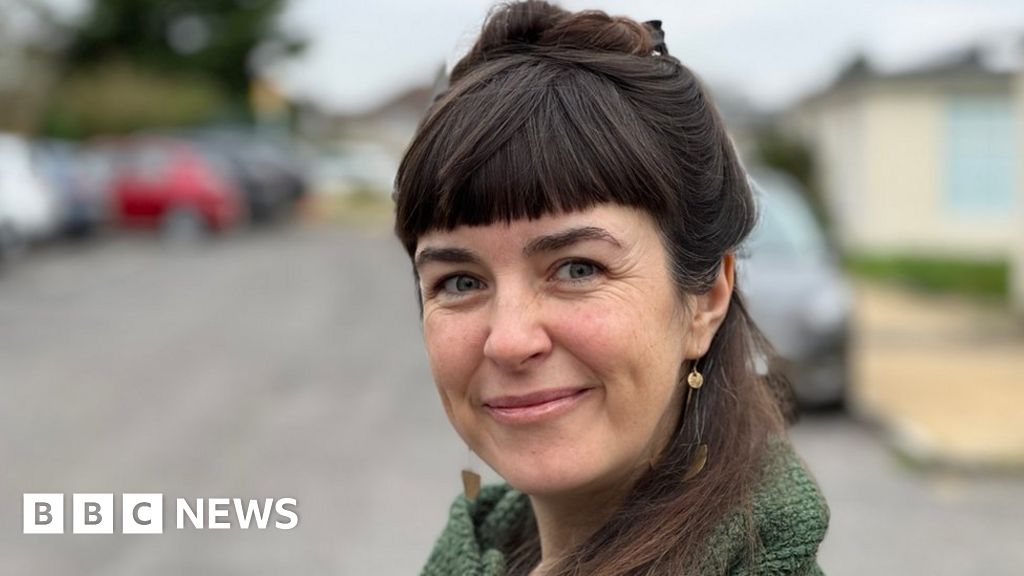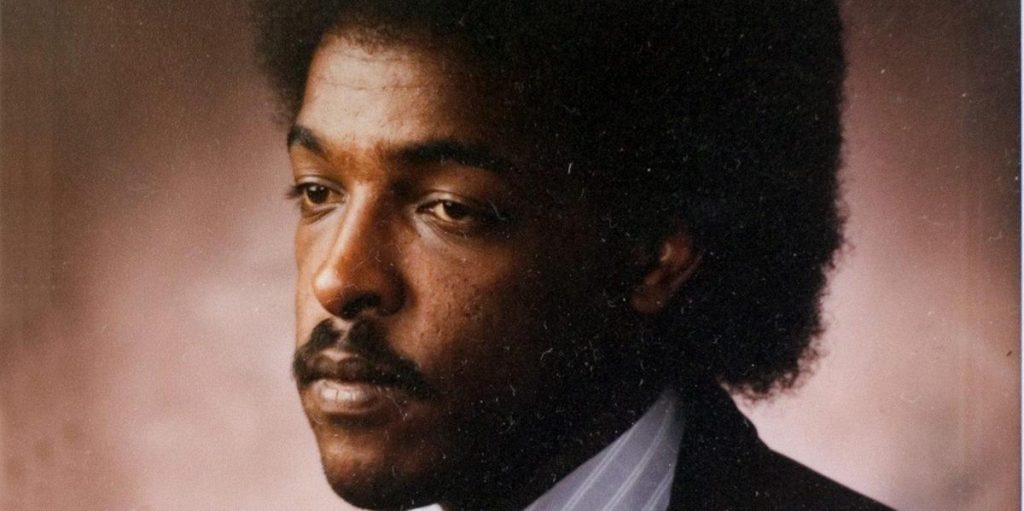On September 23, Swedish journalist and writer Dawit Isaac has been imprisoned in Eritrea for 20 years. Three prime ministers and six foreign ministers have so far failed to release him. It is clear that Swedish foreign policy has something to learn.
Therefore, it is positive that this summer the government appointed a committee to review the work of the Swedish authorities to achieve the release of Dawit Isaac. The committee will also investigate the work of Swedish author and publisher Gui Minhai who was kidnapped in Thailand in 2015 and taken to China, where he was imprisoned.
Read more: Imprisoned Swedish writers are honored with paintings
In order for the commission’s report to be useful and lead to concrete changes in Sweden’s actions in both cases, it is important that it examines what has been done and what has not been done, that similar efforts of other countries are identified, and that it goes to the bottom with political considerations in both Sweden and the Union European. Based on this experience, the Commission can suggest a coherent policy strategy for the way forward, not just a list of things that have gone wrong.
There is a real danger that other Swedes who have roots in, say, Afghanistan, Belarus, Egypt, Iran and Turkey will in the future be imprisoned on visits to their home countries because of their commitment to freedom of expression and democracy. If the governments in these countries do not accept the Swedish citizenship of the people, and Sweden refuses the opportunity to give them consular support – as in the case of Dawit Isaacs – then Sweden needs a policy based on the experience of what is most effective for the release of political prisoners. .
An important experience is that authoritarian regimes do not release political prisoners because of charity.
The collective experience of human rights organizations is that political prisoners are released when the internal and external pressure on the authorities becomes too high, when it becomes politically costly for the government to keep the person in prison.
First, the committee must therefore gather expertise from major international organizations working with political prisoners, such as Amnesty International, Human Rights Watch, the Committee to Protect Journalists and Reporters Without Borders, in order to share their experiences of what has worked in non-democratic countries. And what could work specifically in Eritrea. On the basis of these experiences, the commission will evaluate the actions of the Swedish government.
Read more: Decision in the Dawitt Isaac case is based
An important experience is that authoritarian regimes do not release political prisoners because of charity. Sometimes, on the other hand, they are released as part of a negotiated solution, in exchange for help, political concessions, or something else. This is a problematic strategy, as it creates an incentive for the government to imprison other journalists or human rights defenders, to negotiate at a later stage. As long as authoritarian and totalitarian governments like the Eritrean government can use political prisoners to negotiate aid money and trade deals, they will continue to imprison their critics.
Second, the Commission therefore needs to identify the role that Dawit Isaac has played in the foreign and development policy of Sweden and the European Union vis-à-vis Eritrea. Is Eritrea using Dawit Isaac and other political prisoners for political gain?
Read more: This prevents Sweden from being the best at freedom of the press
One tool that Sweden does not seem to have sufficiently used in Dawit Isaac’s work is precisely that he is an EU citizen. The European Union’s annual report on democracy and human rights in the world describes well the seriousness of Eritrea, that the situation regarding freedom of expression and assembly has not changed for a long time, and that the fate of political prisoners remains unknown despite repeated observations by the international community. community, and so on. But the report does not mention that there are even European nationals like Dawit Isaacs in the country’s prisons.
The goal of Swedish Eritrean politics could not only be the release of Dawit Isaak, but the political situation in the country that led to the change of his imprisonment.
In May, the European Union also decided to breathe new life into the partnership with the Horn of Africa region, which includes Eritrea. It clearly states that the EU will “increase its cooperation with human rights defenders” and adhere to its commitment to “support the transition to democracy” in the region. In such work, the release of political prisoners like Dawit Isaacs should be high on the agenda.
The goal of Swedish Eritrean politics could not only be the release of Dawit Isaak, but the political situation in the country that led to the change of his imprisonment. The Swedish government as well as members of the Swedish European Parliament can work to ensure that the release of Dawit Isaac and other political prisoners becomes a prerequisite for closer cooperation with Eritrea within the framework of the European Union’s partnership with the Horn of Africa.
The Commission therefore needs to compare Dawit Isaac’s Swedish work with the international experience of working with political prisoners, and put it in relation to other Sweden and EU policies towards Eritrea.
Read more: No preliminary investigation into crimes against Dawit Isaac
20 years after the Eritrean government, in the shadow of the September 11, 2001 attacks, suppressed the entire independent press in the country and imprisoned Dawit Isaac and dozens of other journalists, the Swedish government needs to fundamentally reconsider its policy of arresting him. chest. The government’s action to release Dawit Isaac should include the release of all journalists and other human rights defenders from the country’s prisons, and the EU’s work for democracy and human rights in Eritrea should include Dawit Isaac.
Read more: Silent Swedish diplomacy should be checked
Text author:
Aftonbladet, Cultural Director Karen Peterson
Swedish Amnesty, Acting Secretary-General Anna Johansson
Dagens Nyheter, Cultural Director Björn Wiemann
Expressen, Cultural Director Karen Olson
Göteborgs-Posten, Cultural Director Björn Werner
Swedish Journalists Union, Chairman Ulrika Hellert
Kristen Braunberg, journalist
Propaganda Club, President of Robert Ashberg
Free Dawit Support Committee, Chair Elisabeth Lofgren
Svenska Dagbladet, Cultural Director Lisa Ireneus
Swedish PEN, President Jesper Bengtsson
Swedish Writers Association, President Grethe Rottböll
Sveriges Tidskrifter, CEO Kerstin Neld
Newspaper Publishers, Board Member Thomas Matson
Publishers, CEO Robert Olson
Don’t miss anything from GP Kultur!
Now you can get all our cultural news, reports, discussions and reviews in the form of a small notification right on your phone by clicking the Follow button next to the culture tag. On mobile, you will find it under the article and on the site at the top right of the article.
Want to learn more about how GP works with good journalism? Read our Code of Ethics Here.

“Unapologetic writer. Bacon enthusiast. Introvert. Evil troublemaker. Friend of animals everywhere.”







More Stories
Details: Israeli attack on targets in Iran
Dubai Airport delays – worst rain in 75 years
The regent must abdicate – but he refuses to say when